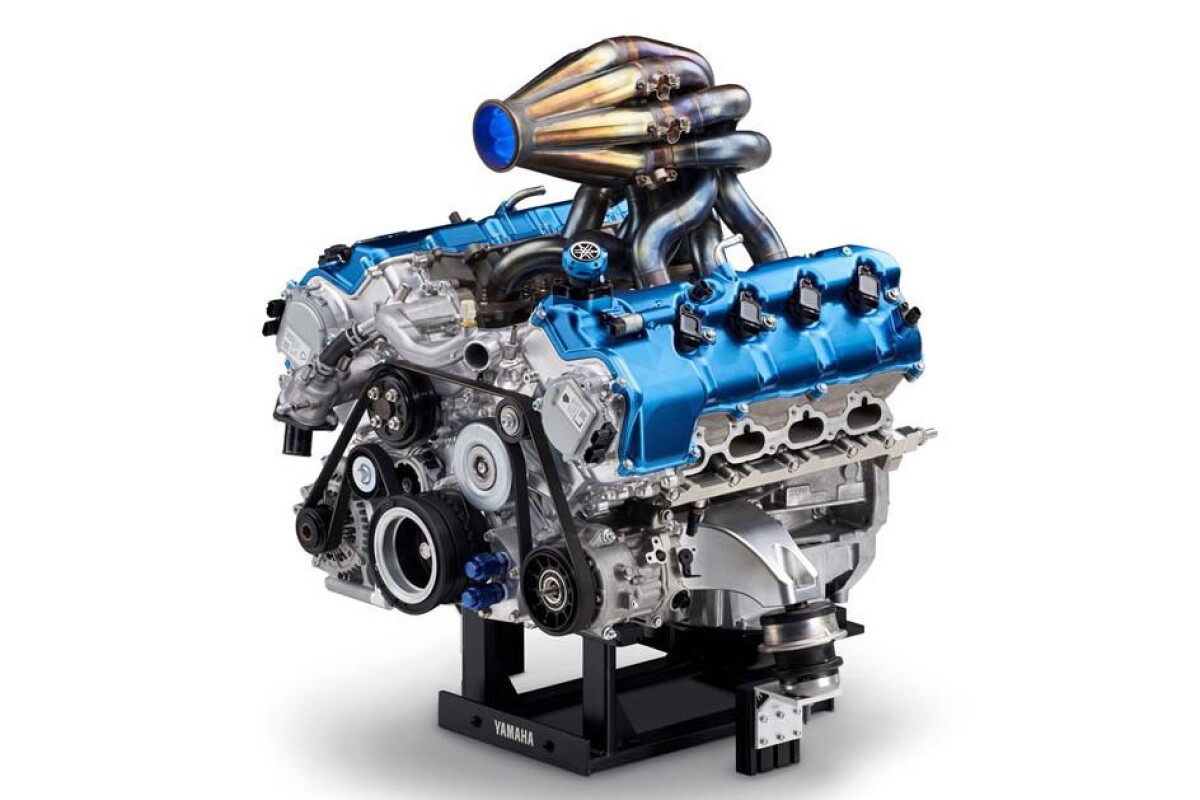A Full Guide to Picking the Right Engine for Your Task
Selecting the proper engine for your job is a critical decision that can considerably impact its total success. It is imperative to thoroughly specify your job requires, review efficiency requirements, and consider user-friendliness alongside various other necessary factors. Additionally, recognizing the neighborhood assistance available and scrutinizing expense ramifications can better fine-tune your option. Each of these elements plays a pivotal role in guaranteeing that your picked engine not just meets instant goals but additionally straightens with long-term ambitions. As we explore these factors to consider, you may locate that the subtleties of each aspect disclose greater than originally anticipated.
Define Your Task Needs
Defining your job needs is a vital action in selecting the suitable engine for effective implementation. An extensive understanding of your job's objectives will certainly guide you in recognizing the functions and abilities needed from an engine. Begin by detailing the scope of your project, consisting of the wanted performance, target audience, and the specific end results you intend to attain.
Following, consider the technical demands that align with your job objectives. This consists of assessing the compatibility of the engine with existing systems, along with the shows languages and frameworks that will be used. In addition, evaluate the degree of scalability required to accommodate future growth or modifications sought after.
Budget plan constraints also play an essential role in defining your job needs. Develop a clear monetary framework to direct your decision-making process, guaranteeing that the engine picked fits within your spending plan while supplying the necessary functionality.
Evaluate Performance Requirements

Engines that support horizontal scaling are commonly more effective for larger applications. In addition, examine the engine's performance under various problems, such as peak use circumstances, to guarantee it satisfies your dependability criteria.
Think About Convenience of Usage
While technological specs are essential, the ease of usage of an engine can dramatically affect the development procedure and overall project success. An user-friendly user interface, clear paperwork, and streamlined operations can considerably reduce the discovering curve for programmers, enabling them to focus on creative thinking and problem-solving as opposed to coming to grips with facility devices.
When assessing an engine's ease of use, think about the onboarding experience. A well-structured introduction, total with tutorials and example jobs, can promote a smoother shift for new individuals. Additionally, the quality and comprehensiveness of the engine's paperwork play a vital duty; detailed guides and API recommendations can empower programmers to troubleshoot and execute attributes efficiently.
An additional aspect to take into consideration is the engine's personalization capacities. An engine that allows for very easy modifications can be a lot more user-friendly, as designers can customize it to fit their particular requirements without extensive headache. Evaluate the operations assimilation with systems and devices you already utilize. A natural ecological community why not try these out can boost efficiency and reduce friction throughout the growth procedure. Ultimately, choosing an engine that prioritizes simplicity of usage can bring about a more pleasurable and efficient development experience.
Assess Area and Assistance
The toughness of an engine's neighborhood and support network can considerably influence a designer's this page experience and success. A lively neighborhood typically suggests a wealth of common expertise, sources, and fixing support that can improve your project's development procedure. When examining an engine, think about the size and task degree of its neighborhood. Bigger areas commonly supply extra online forums, tutorials, and third-party plugins, enabling designers to discover options much more efficiently.
In addition, review the accessibility of official support networks. Trusted paperwork, responsive customer support, and routine updates are crucial for addressing technological issues and maintaining your job on track. Engines For Africa. Energetic communities also foster collaboration, supplying opportunities for networking and comments, which can be very useful, particularly for independent programmers or small teams
In addition, investigate the existence of community-run events, such as meetups or hackathons. These events can enhance your understanding of the engine while connecting you with potential partners and experienced users. In recap, a durable community and support group not only improve advancement yet additionally produce a setting conducive to discovering and advancement, ultimately boosting the chance of your project's success.
Compare Price and Licensing Options
Budget plan considerations play an important function in choosing the appropriate engine for your task, as the cost and licensing options can considerably affect both temporary costs and lasting feasibility. Engines For Africa. Various engines offer varying pricing frameworks, which can include single purchase charges, registration designs, or revenue-sharing contracts based upon your task's incomes

Certifying options also vary substantially. Some engines are open-source, using adaptability and community-driven support, while others might require proprietary licenses that limit use and distribution. Recognizing the effects of each licensing version is important, as it affects ownership rights, future scalability, and potential lawful commitments.
Verdict
In verdict, picking the ideal engine for a task necessitates a complete evaluation of specified job demands, efficiency demands, ease of usage, community support, and cost factors to consider. By methodically resolving these important factors, decision-makers can make sure positioning with both current and future project demands. look at here A well-informed selection ultimately improves the chance of job success, making it possible for effective resource appropriation and optimizing prospective outcomes within the defined monetary restrictions.
Selecting the suitable engine for your project is a critical choice that can dramatically affect its general success.Specifying your job requires is a critical step in picking the proper engine for successful implementation. A detailed understanding of your task's goals will certainly guide you in recognizing the abilities and features called for from an engine.Once you have a clear understanding of your job requires, the following step is to review the performance requirements of the engine.In final thought, picking the appropriate engine for a project requires a comprehensive analysis of specified project requirements, performance demands, simplicity of usage, area assistance, and cost considerations.